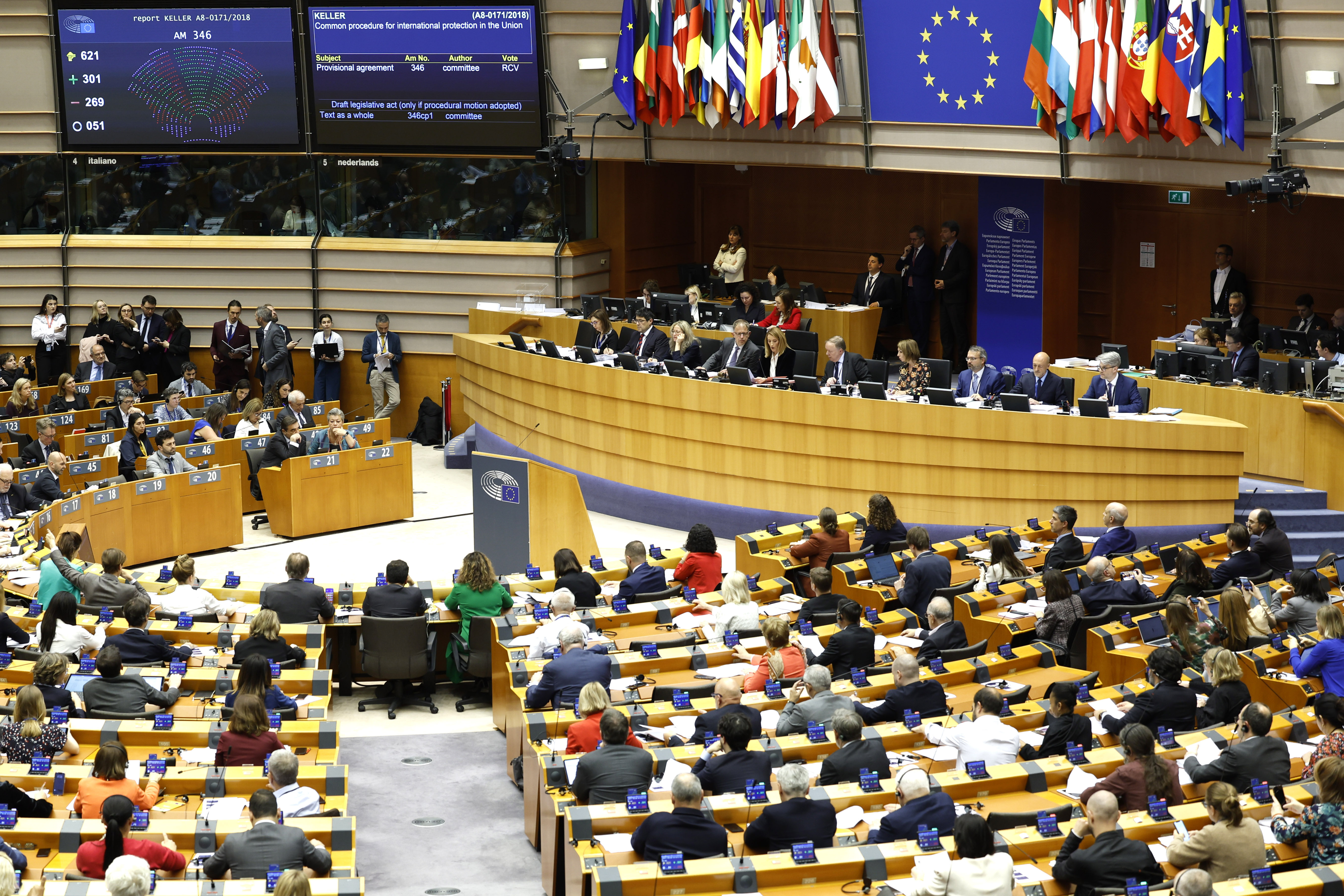
Prosecutors in Belgium are investigating suspected Russian interference in upcoming European Parliament elections with the goal of affecting Ukraine policy, Prime Minister Alexander De Croo has said.
Belgian intelligence has confirmed the existence of pro-Russia influence networks across multiple European countries, including in Belgium, he said on Friday.
As part of an influence operation in the Czech Republic, whose officials De Croo said Belgium is working closely with, Russia allegedly approached members of the European Parliament and offered them money to promote pro-Russian sentiment.
“According to our intelligence service, the objectives of Moscow are very clear. The objective is to help elect more pro-Russian candidates to the European Parliament and to reinforce a certain pro-Russian narrative in that institution,” De Croo told reporters.
He did not say which individuals or entities might be under suspicion. No cash payment had taken place in Belgium itself although pro-Russian interference was going on, he added.
The prime minister said that “the goal is very clear: a weakened European support for Ukraine serves Russia on the battlefield and that is the real aim of what has been uncovered in the last weeks”.
The allegations will be discussed next week at a summit of European Union leaders.
Europewide polls are scheduled to be held on June 6-9 to elect a new parliament.
The EU has been ramping up its financial and military backing of Ukraine more than two years after Russia’s invasion.
The bloc greenlit a 50 billion euro ($54bn) plan to support Ukraine for the next four years at the start of February.
Russia has ramped up its attacks this year, especially on Ukrainian energy infrastructure. Russian ground forces have been making advances and fierce battles are ongoing across multiple areas, including Avdiivka and Bakhmut.
The Belgian prime minister said on Friday that the Russian efforts to expand its influence in EU members raises “serious concerns” that require action.
“We cannot allow this type of Russian menace in our midst. We need to act, and we need to act both on the national level and we also need to act on the EU level.”
De Croo said he had asked for an urgent meeting of the bloc’s Agency for Criminal and Justice Cooperation (EuroJust), and suggested that the antifraud office OLAF should prosecute the case.
“We have a responsibility and our responsibility is to uphold that every citizen’s right to a free and safe vote can be maintained.”







